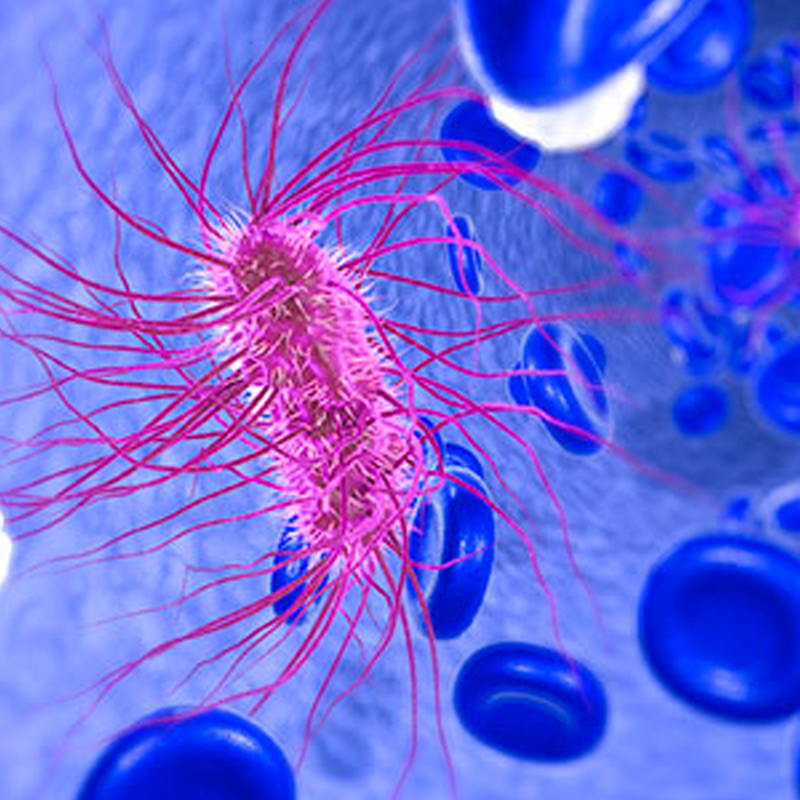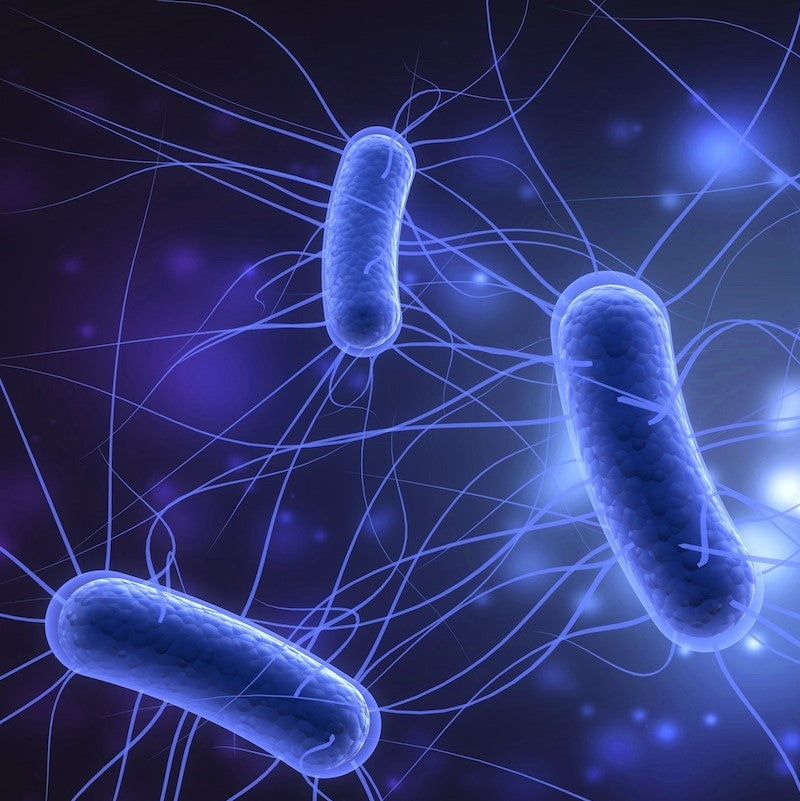Escherichia coli (E. coli) is a type of bacteria commonly found in the intestines of animals and humans. While most strains are harmless, some, like E. coli O157, can cause severe foodborne illness. E. coli infections can lead to symptoms such as diarrhea, abdominal cramps, nausea, and vomiting. In severe cases, it can cause kidney failure or even be life-threatening. Understanding and mitigating E. coli risks is crucial for maintaining food safety.
This article aims to provide practical advice for avoiding E. coli contamination during food preparation and to explore the role of advanced cleaning solutions like the Milerd Detoxer in enhancing food safety.
Understanding E. coli Contamination
Common Sources
E. coli can contaminate food through several sources:
Symptoms and Health Impacts
Symptoms of E. coli infection can include:
Potential health impacts can be severe, especially for vulnerable populations such as young children, the elderly, and those with weakened immune systems. Long-term effects may include kidney failure and hemolytic uremic syndrome (HUS).
Safe Cooking Practices to Avoid E. coli
Proper Food Handling
Cooking Temperatures
Food Storage
Washing Fruits and Vegetables
Introduction to Advanced Food Safety Solutions
Traditional washing and cooking methods, while effective to some extent, may not eliminate all contaminants. Bacteria like E. coli can be particularly challenging to remove completely from food surfaces.
Milerd Detoxer: An Advanced Solution for Food Safety
Product Overview
The Milerd Detoxer is an advanced tool designed to enhance food safety through cutting-edge cleaning technologies:
Effectiveness Against E. coli
Benefits
Comparing Traditional Methods and Milerd Detoxer
Effectiveness
Traditional methods may not fully address E. coli contamination, whereas the Milerd Detoxer offers advanced cleaning capabilities that enhance food safety by thoroughly removing bacteria.
Health and Safety
The food cleaner provides an added layer of protection, reducing the risk of foodborne illnesses more effectively than conventional methods.
Convenience and Practicality
The Milerd Detoxer’s user-friendly design and advanced cleaning technology offer a practical and convenient solution for ensuring safer food preparation.
Summary of Best Practices
To avoid contracting E. coli, follow best practices for food handling, cooking, storage, and washing. Ensure proper sanitation and adhere to recommended cooking temperatures.
Benefits of Advanced Solutions
Consider incorporating advanced solutions like the Milerd Detoxer into your food safety routine to enhance protection against E. coli and other contaminants.
Secure Your Food Safety with Advanced Solutions!
Take the next step in protecting your health. Integrate the Milerd Detoxer into your kitchen routine today to effectively combat E. coli and ensure your meals are safe and nutritious for you and your loved ones!



Laisser un commentaire
Ce site est protégé par hCaptcha, et la Politique de confidentialité et les Conditions de service de hCaptcha s’appliquent.